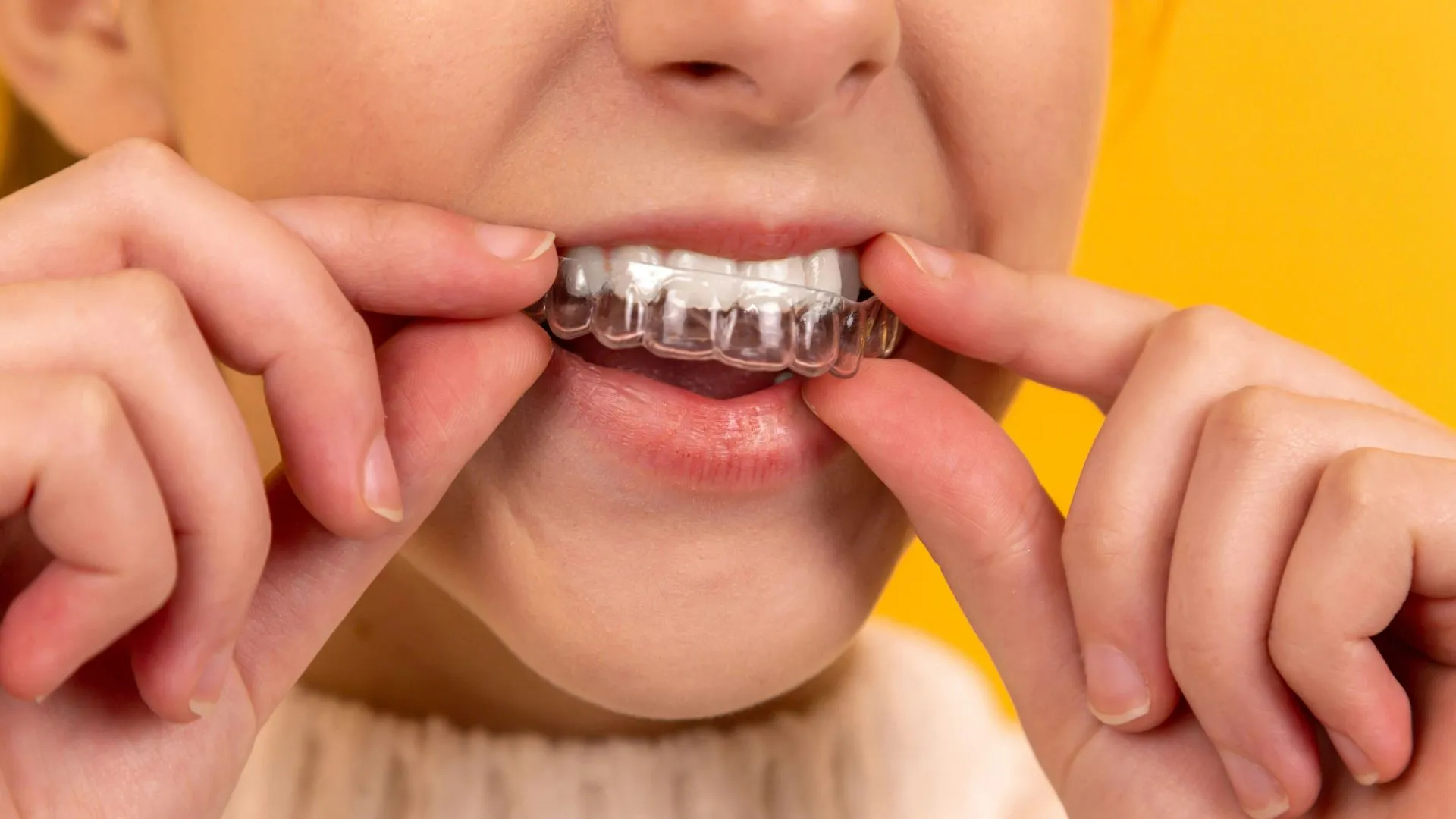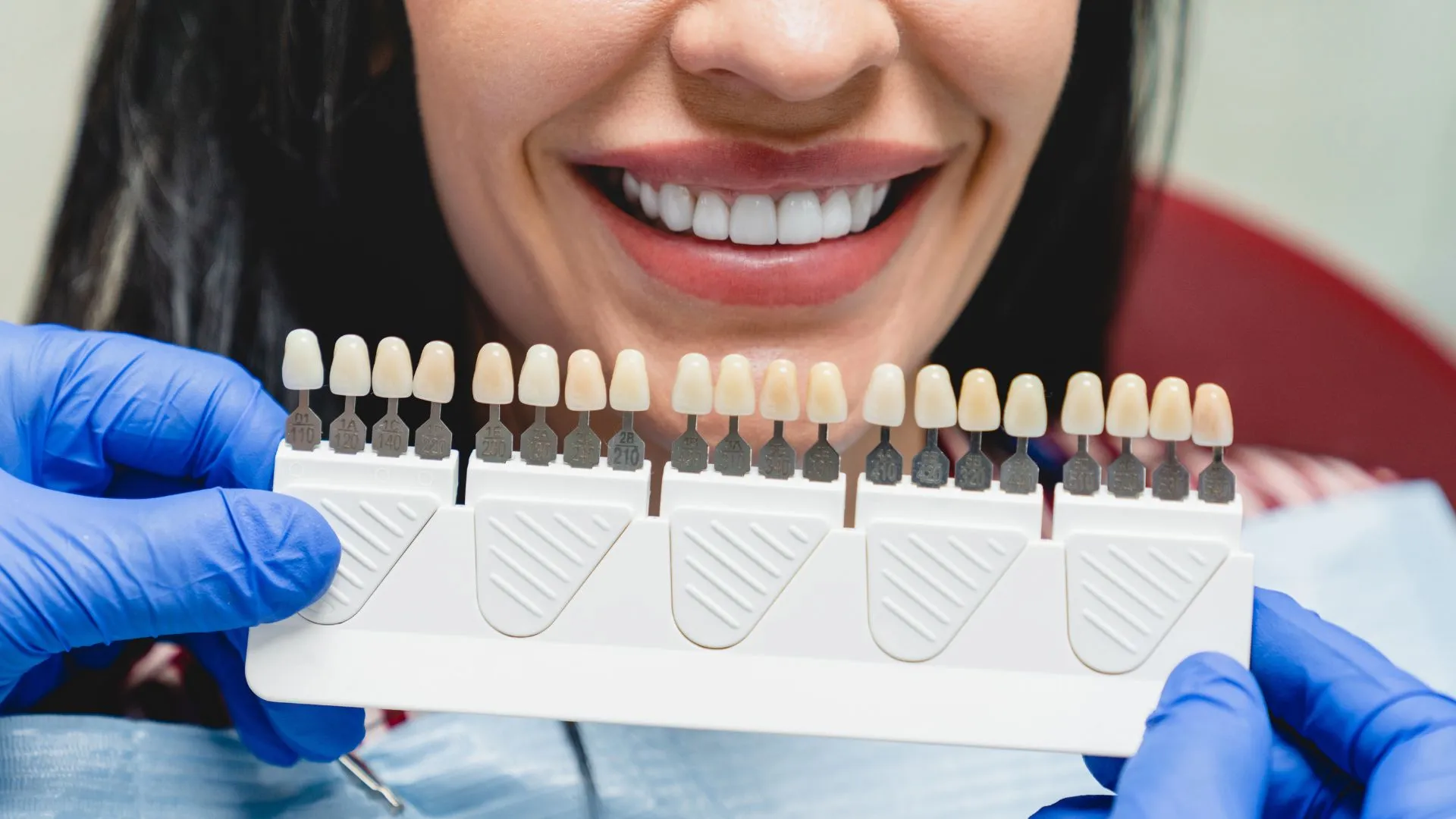Everyone’s guilty of bad breath at one point or another. From morning breath to worry about making the best first impression, most people want to avoid bad breath. One of the most worrisome moments is having a first kiss. There is nothing more…
Everyone’s guilty of bad breath at one point or another. From morning breath to worry about making the best first impression, most people want to avoid bad breath. One of the most worrisome moments is having a first kiss. There is nothing more embarrassing than having a bad one before going in for a kiss at the end of the night. So, how to avoid bad breath while kissing? You might be surprised to learn that there are several factors that can contribute to bad breath. In this article, we’ll go over everything you need to know about bad breath. We’ll also touch on a few tips for fresher breath.

What causes bad breath?
You might know bad breath by another name: halitosis. The medical term for bad breath, halitosis, is usually caused by gastroesophageal conditions, poor oral hygiene, and upper airway problems. Let’s dive into a few of the leading causes of bad breath.
Poor/compromised dental habits
Not brushing and flossing as often as you should contribute to bad breath. The reason being is bacteria. Anaerobic bacteria put off a stench period to combat this. Brushing and flossing regularly can remove the bacteria that cause bad breath.
Smoking
Smoking has always had a bad reputation for its negatives. Besides the health risk, smoking can also contribute to bad breath. The easiest way to regain a fresher smile is by putting it out of the habit. If you’ve been a long-term smoker, It may be best to seek help in quitting, especially if you’re finding it difficult. There are many programs available, including books, patches, gums, and more.
Gum disease
When food particles remain in your mouth, bad breath is sure to follow. The colorless, sticky film of bacteria will form on your teeth. This can slowly cause problems, including gum disease. Periodontal disease is the result of plaque-filled pockets between teeth and gums. Bacteria is usually present and will put off a stench. Treating gum disease with your dentist’s help and at home with regular brushing and flossing is the best way to combat this problem.
Certain beverages and food
Certain beverages and food can cause you to have not-so-pleasant breath. While we may like onions and garlic in our food, the smell can last for hours long after we’re finished eating. Typically, anything that has a drying effect is terrible for your breath. This includes things like coffee and alcohol. Caffeine and alcohol both have a drying effect, which can create foul-smelling bacteria. Things you should avoid would consist of dairy, a diet heavy in meat, orange juice, soda, onions, garlic, and horseradish.
Medical conditions
If you keep up with your oral health, medical conditions may be why you are not such a fresh breath. Certain diseases like cancer can produce unwanted side effects like bad breath. Conditions also like chronic acid reflux, or GERD, have also been associated with bad breath. For those concerned with the freshness of their breath and possible health factors, talking with your dentist or doctor can open up how to treat the problem effectively.

How to avoid bad breath while kissing
Now that you know how bad breath can happen, what can be done to avoid those embarrassing moments of not feeling as minty fresh as you’d like? Check out our critical tips for keeping your breath kissably fresh.
Avoid certain food and drinks
When going out on a date or sharing a meal that may result in a kiss, you might want to avoid certain foods and drinks. Though alcohol can be a way to open up and cut loose, it can cause your breath to change. When it comes to ordering for your meal, things that are incredibly seasoned or contain onion or garlic will change the way your breath smells. If you want to indulge in menu items like shrimp scampi, garlic bread, etc., consider keeping mints in your pocket as a backup.
Mouthwash provides instant freshness
Suppose you’re able to swig and swish mouthwash before kissing can go a long way. Mouthwash kills that bacteria that cause bad breath. It is highly effective and easy to use. Consider purchasing mouthwash that contains zero alcohol to eliminate the drying properties. Excessive drying causes dry mouth, which can also lead to halitosis.
Sugarless gum is a must
Sugarless gum is not only good for your breath, but it’s also good for your oral health. Sugarless gum contains xylitol. Xylitol kills bacteria, which is the leading cause of bad breath. Another perk of using sugarless gum as a breath enhancer is affordability. For a few dollars, your breath can stay fresh and ready for kissing whenever you are.

Long-term solutions for bad breath
Provided above are short-term solutions, but what can you protect against bad breath. Everyone will have morning breath to some degree. Though sneaking to the bathroom to brush is the best method to handle this dilemma, addressing other issues can keep your breath fresher longer.
Brushing and flossing at home
The best way to ensure kissable breath is by doing your part at home. Brushing and flossing every day is crucial. Removing bacteria is critical. Remember to change your toothbrush every three months and stick to the softest bristle to prevent damage.
Stay hydrated
We’ve all heard we should be drinking ample amounts of water daily, 11-15 cups a day! Not only is water great for just about every part of our bodies, but it can also keep your breath smelling better too. Water lubricates the teeth, making it less habitable for bacteria. Drinking water will again wash away food particles that often get stuck.
Talk to your dentist
In some cases, maintaining fresh breath is beyond our control of brushing and flossing. This is where our dentist comes into play. Discussing possible causes like GERD can create a proactive treatment plan. Preventative dentistry visits, with cleanings and exams, are crucial to your oral health and eliminate harmful plaque and tartar.
Quit smoking
As mentioned above, quitting smoking can give you a boost long-term for fresher breath. Because the mouth becomes dry from smoking, bacteria sticks to the teeth and under the gums. Smokers are twice as likely to get gum disease. Quitting now offers several health benefits outside of fresher breath, which is an excellent reason to stop as soon as possible.
Clean tongue
You might not realize it, but your tongue is a huge source of problems when it comes to bad breath. Try as you might keep your teeth and gums clean; if your tongue isn’t clean, unwanted smells can be a side effect. Scrub your tongue while brushing and flossing to have a cleaner feeling all day long. Some toothbrushes feature gum scrubbers for added convenience.
Conclusion
Keeping your breath kissably fresh doesn’t have to be a challenge. One of the best ways to ensure you’re always ready is to maintain good oral health care habits. Visit your dentist every six months for routine cleanings, as well as regular brushing and flossing at home. Mints and other breath aids like sugarless gum can instantly relieve bad breath from potent garlic foods. Are you ready to improve your oral health and have fresher breath? Schedule a visit with Image Dental today by clicking here or give our office a call at (209) 955-1500.



